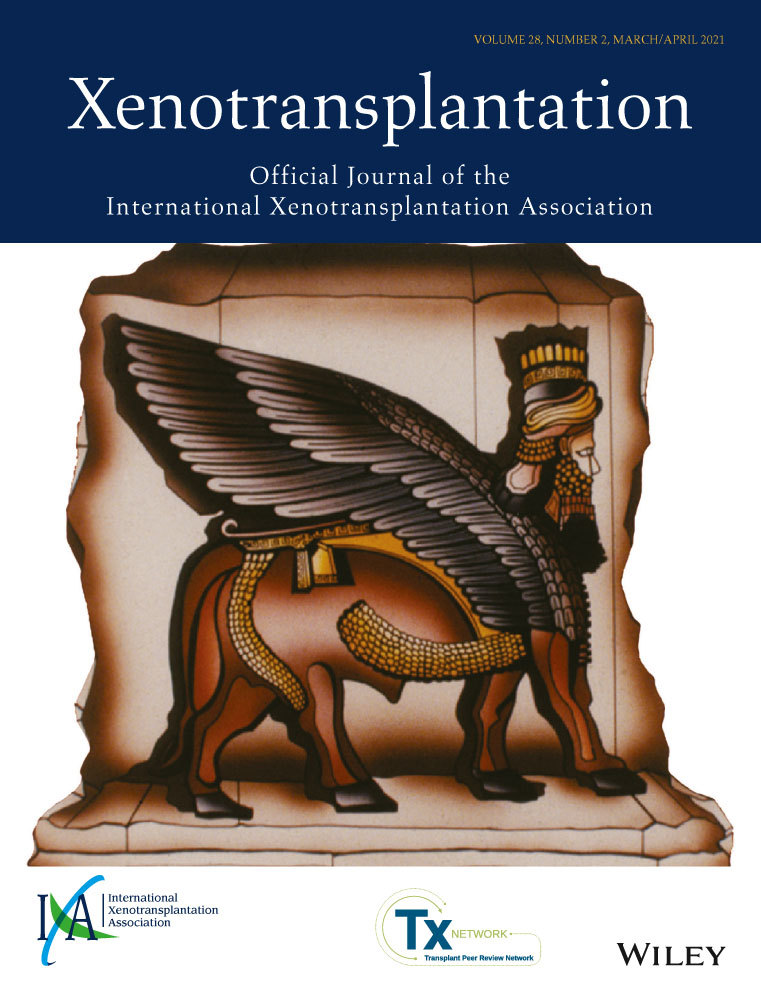Impact of donor and prolonged cold ischemia time of neonatal pig pancreas on neonatal pig islet transplant outcome
Abstract
Background
Genetically modified pigs (GMP) have been developed to alleviate the shortage of donors in human islet transplantation and rejection. In this study, we characterized and compared the islets from GalTKO, GalTKO/hCD46, GalTKO/hCD46/hCD39, and wild-type (WT) neonatal pigs.
Methods
Islets were isolated from GMP and WT pig pancreases that have been packaged with ice pack for at least 24 hours. The difference in gene expression and function of islets were evaluated by microarray analysis and transplantation of islets under the kidney capsule of streptozotocin-induced diabetic immune-deficient mice, respectively. Blood glucose levels of these mice were monitored weekly post-transplantation for >100 days, and islet grafts were collected and evaluated for the presence of endocrine cells.
Results
The genes involved in extracellular components, cell adhesion, glucose metabolism, and inflammatory response are differentially expressed between GMP and WT pig islets. Variation in the ability of pig islets in correcting the diabetic state of the mouse recipients appears to be dependent on the pig donor. In addition, prolonged cold ischemia time had a negative effect on the transplant outcome. All normoglycemic mice were able to respond well to glucose challenge despite the initial differences in the ability of islet transplants to reverse their diabetic state. Islet xenografts of normoglycemic mice contained abundant insulin- and glucagon-positive cells.
Conclusion
The effect of GMP and WT neonatal pig islet transplants on hyperglycemia in mice appears to be dependent on the pig donor, and prolonged cold ischemia time negatively affects the neonatal pig islet transplant outcome.
CONFLICT OF INTEREST
The authors declare that there is no conflict of interest associated with this manuscript.




